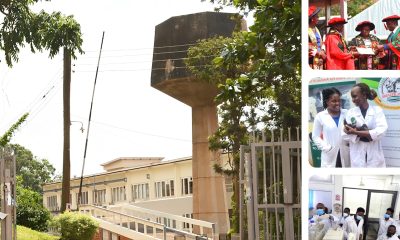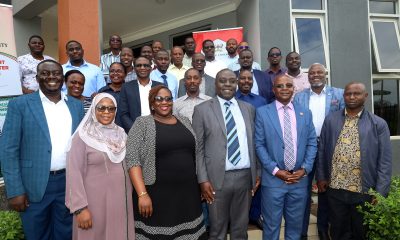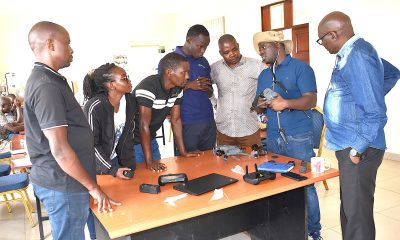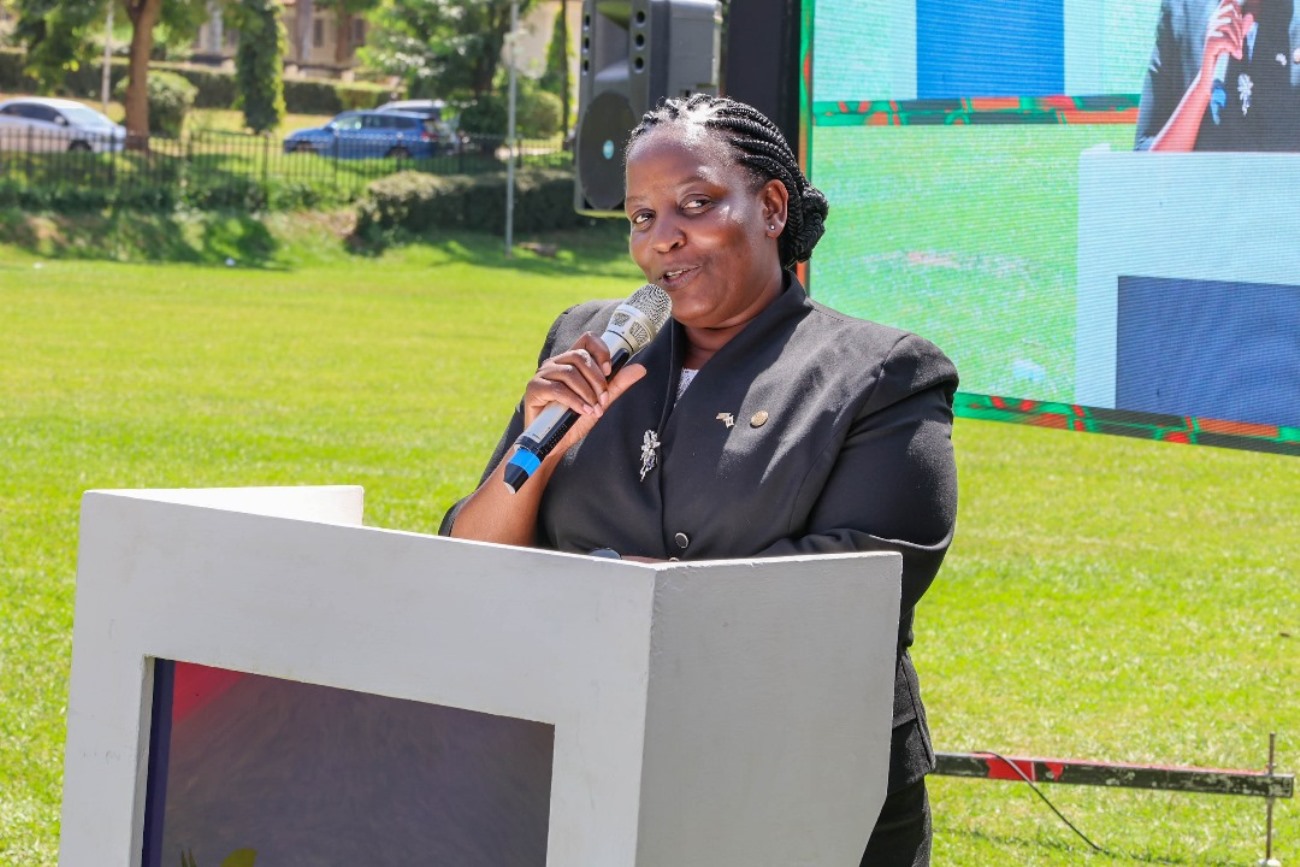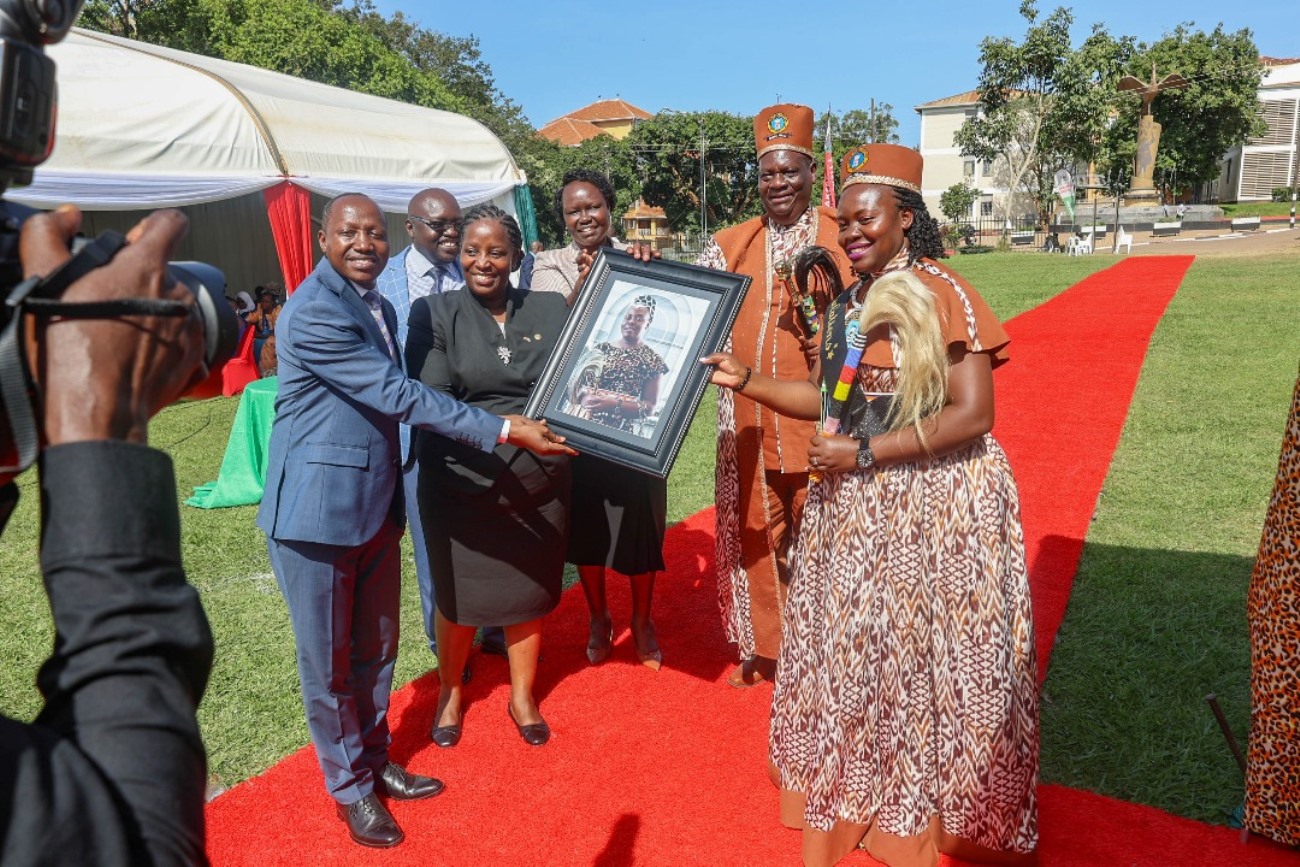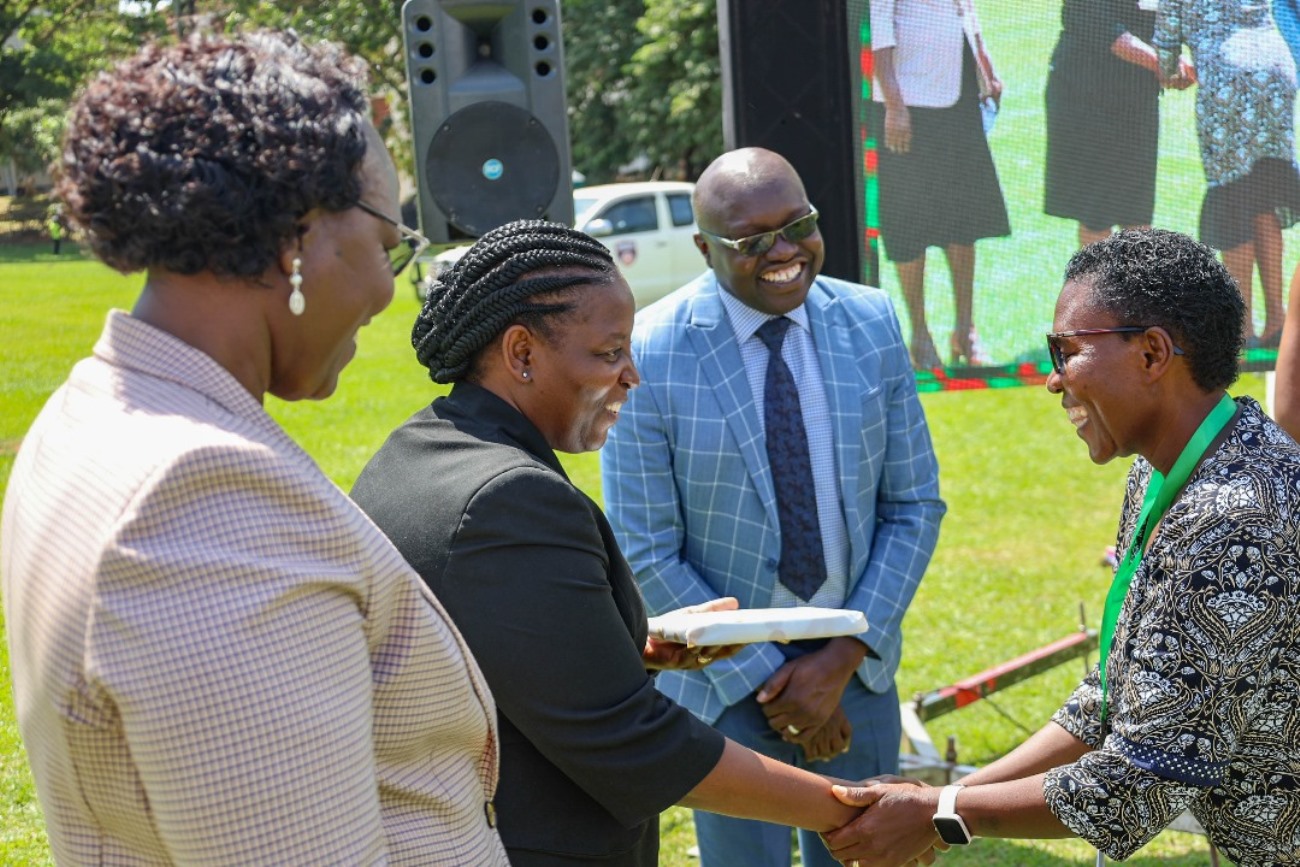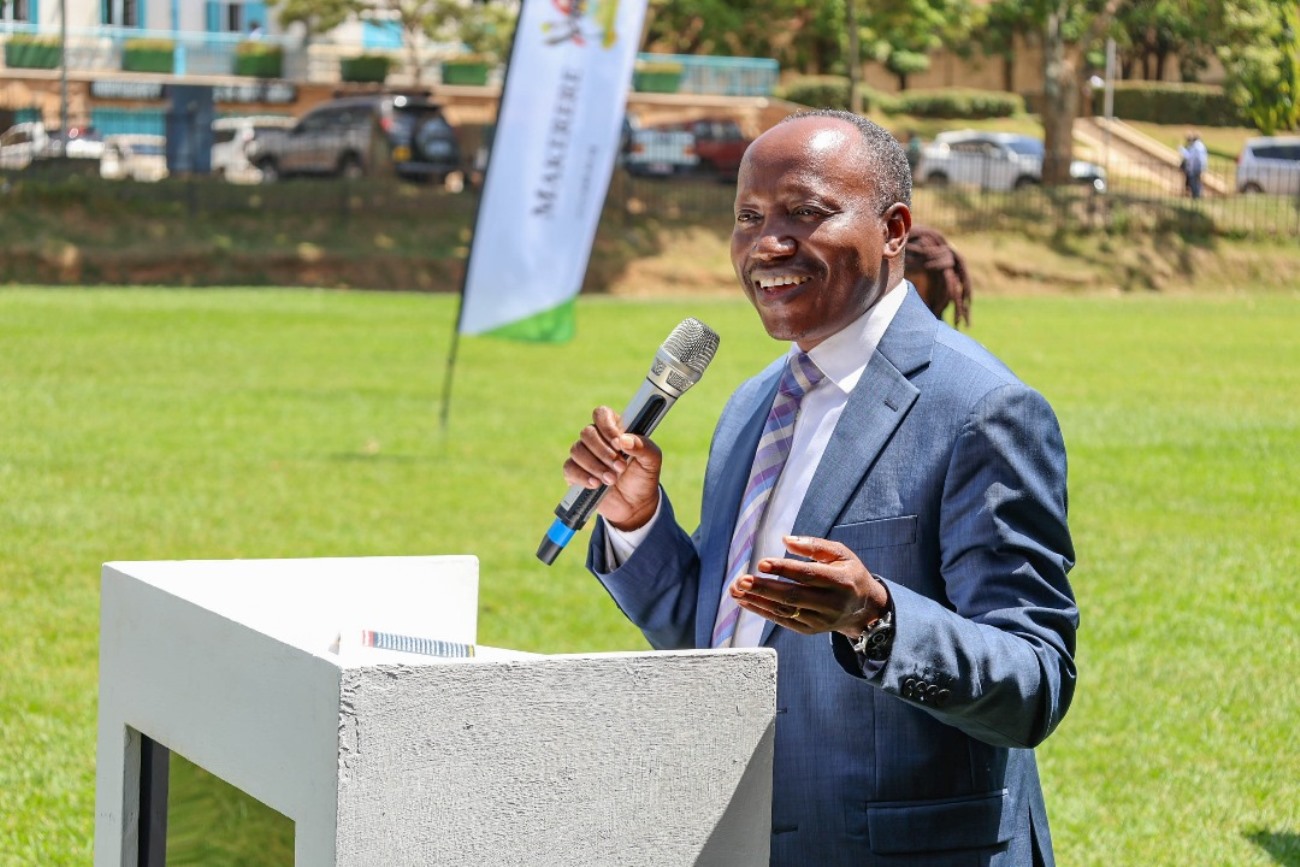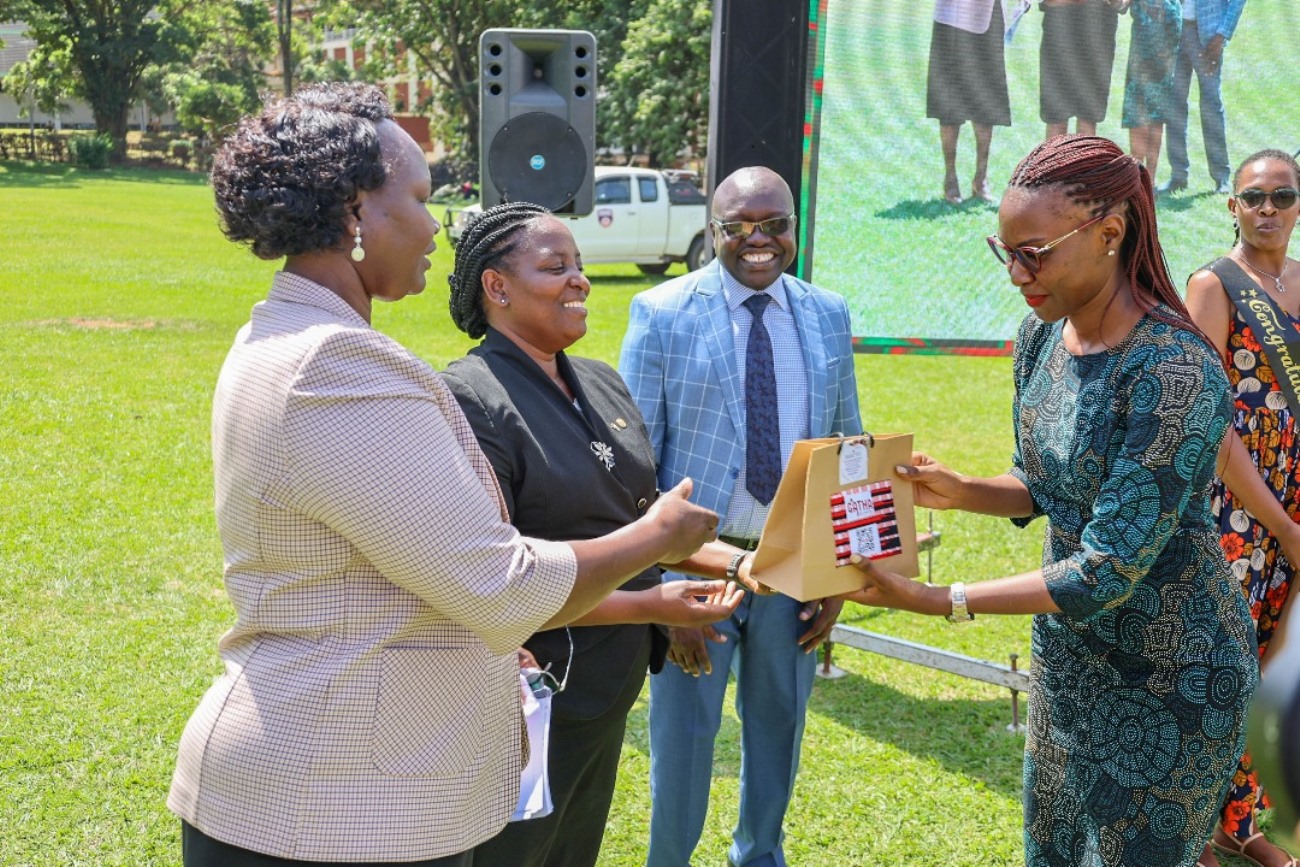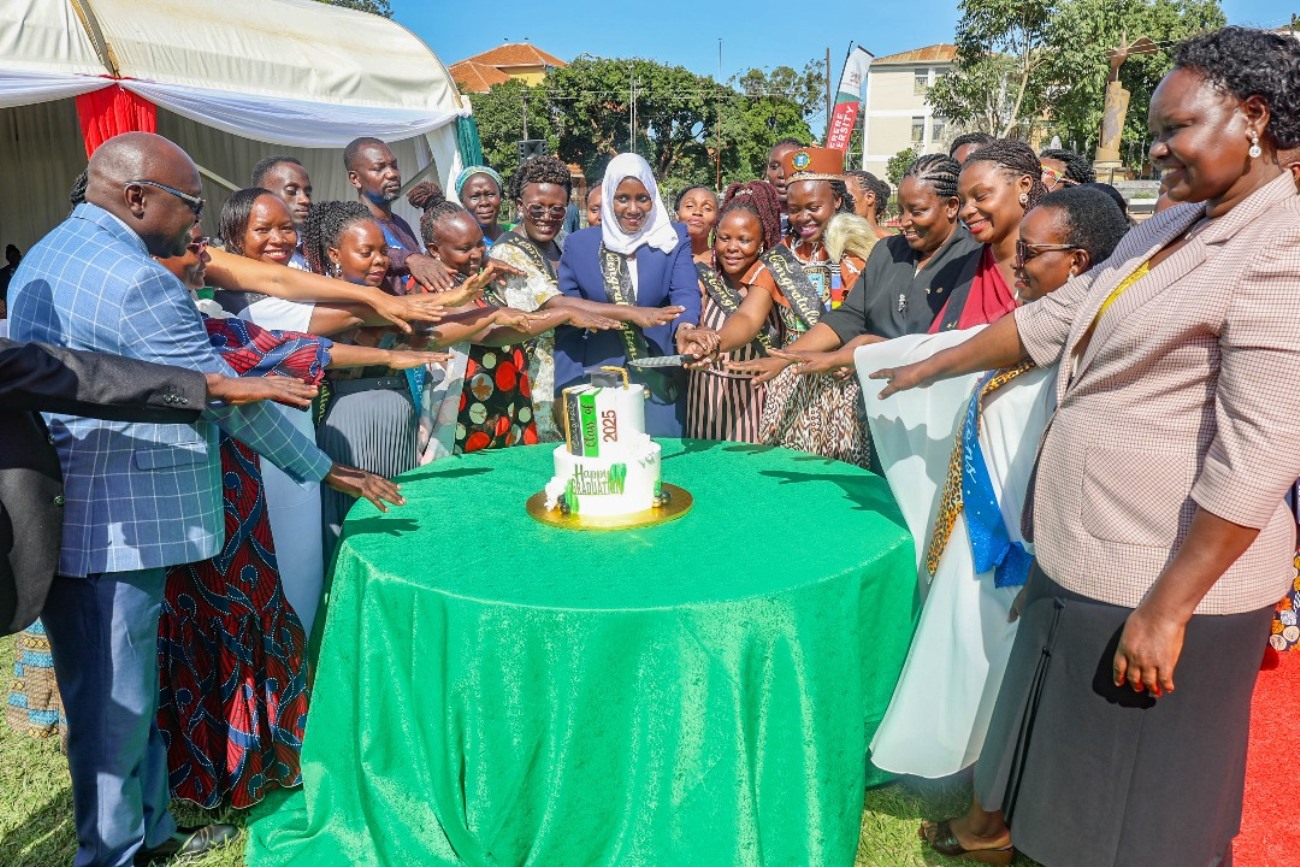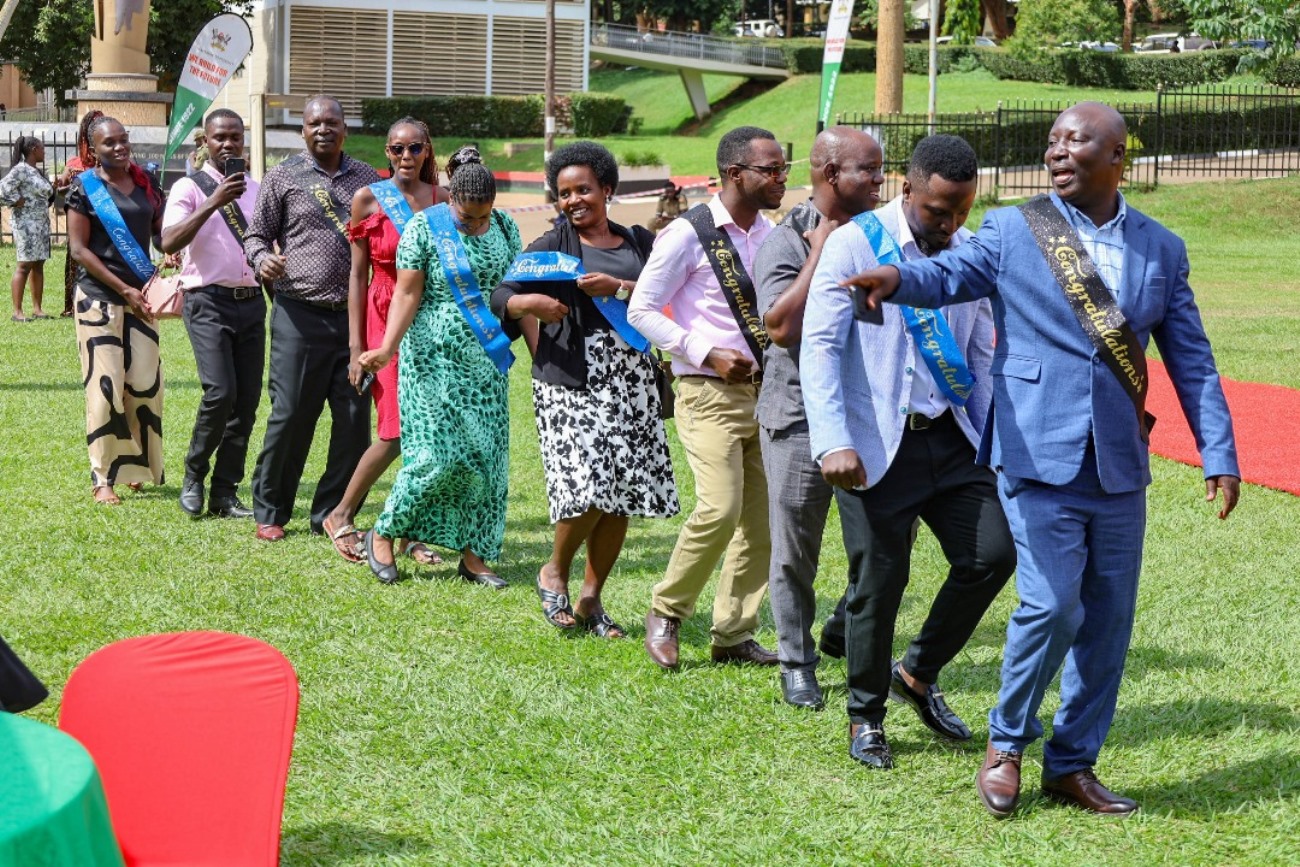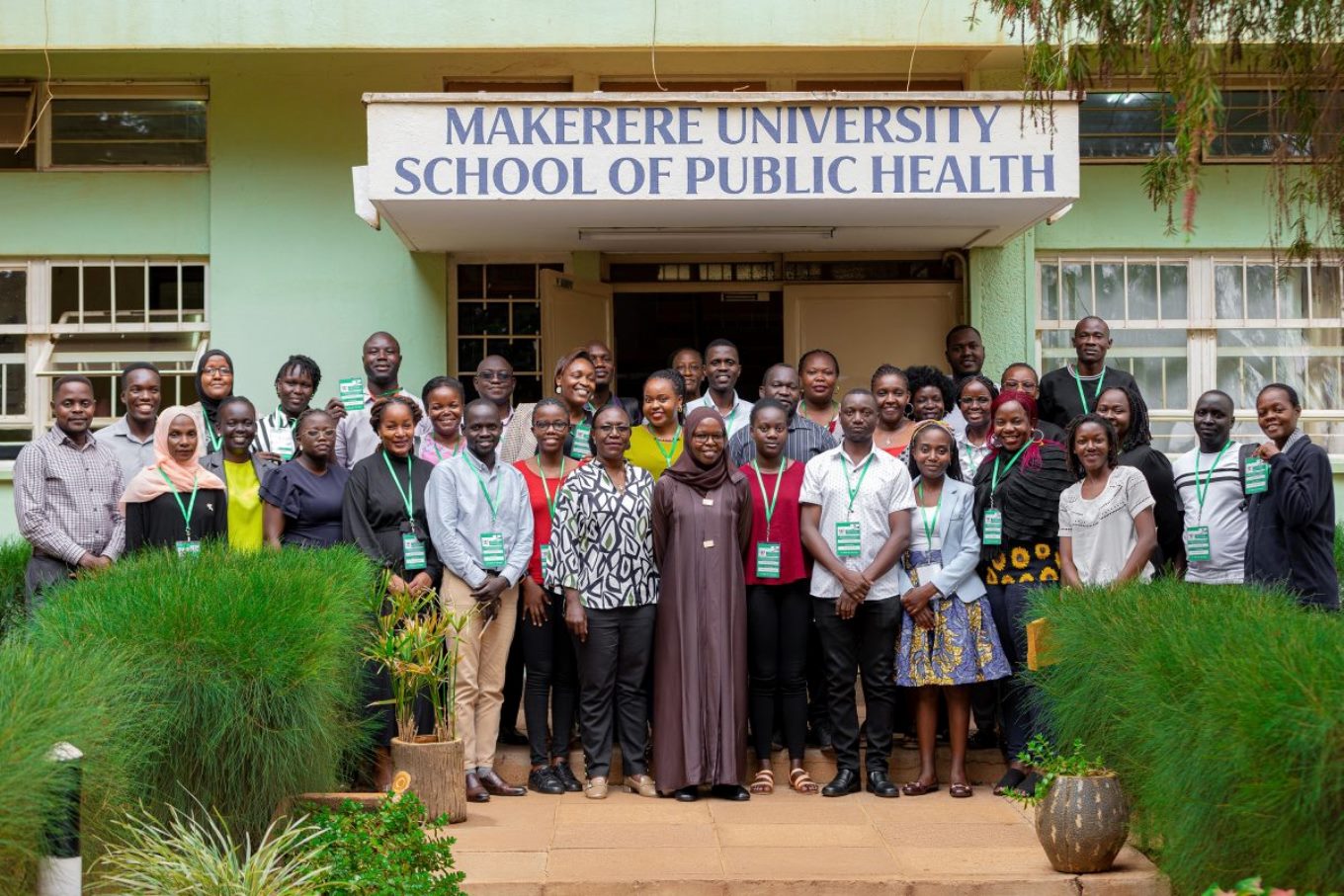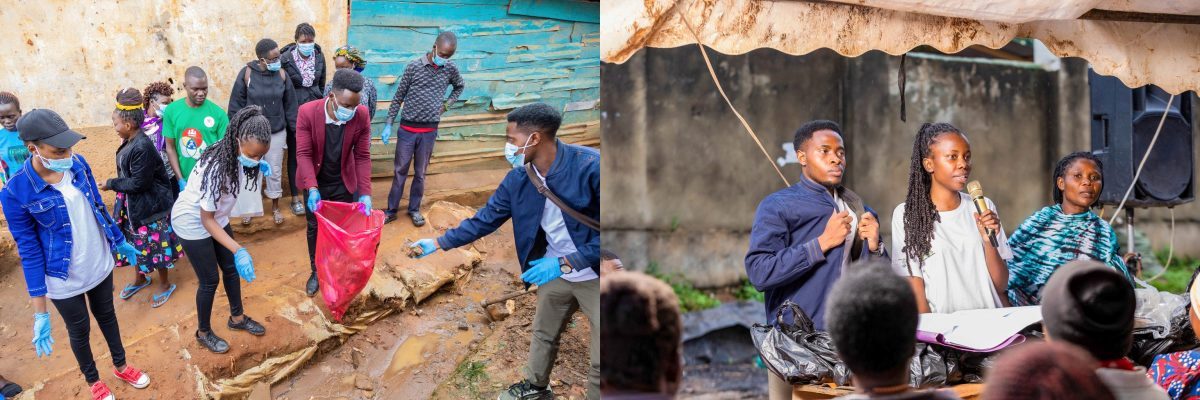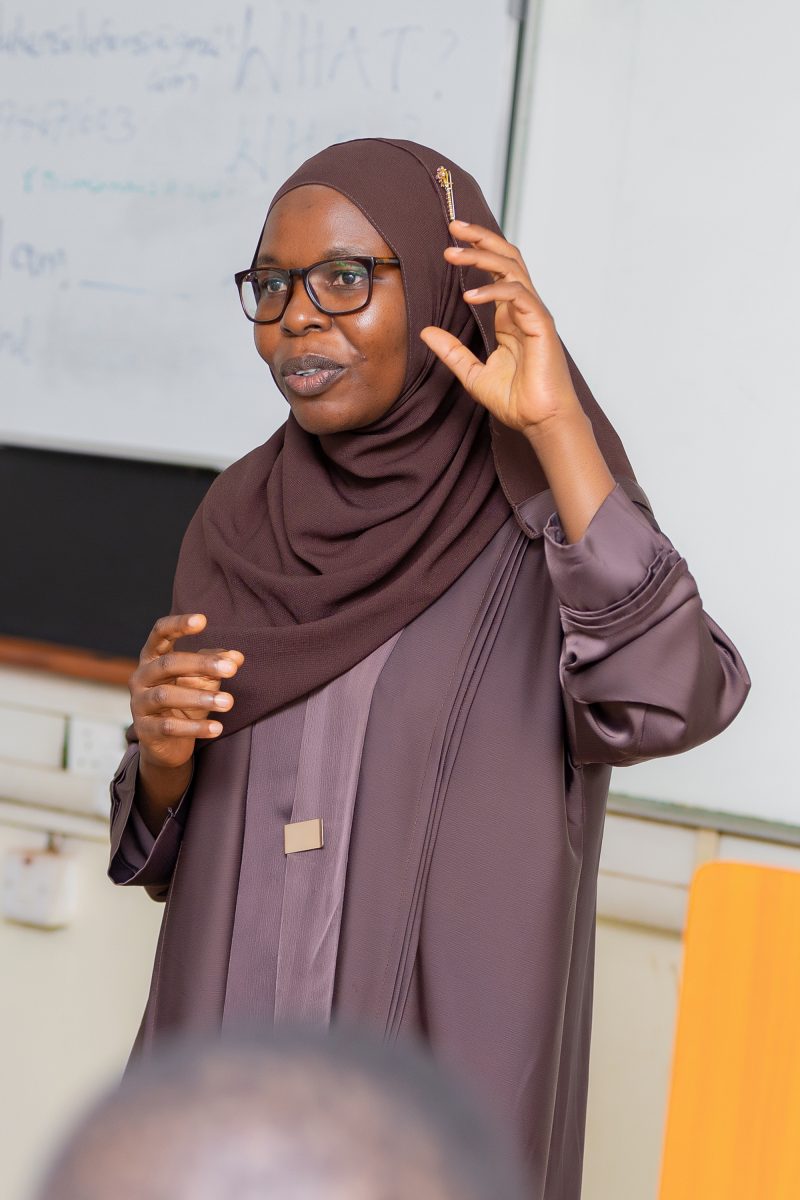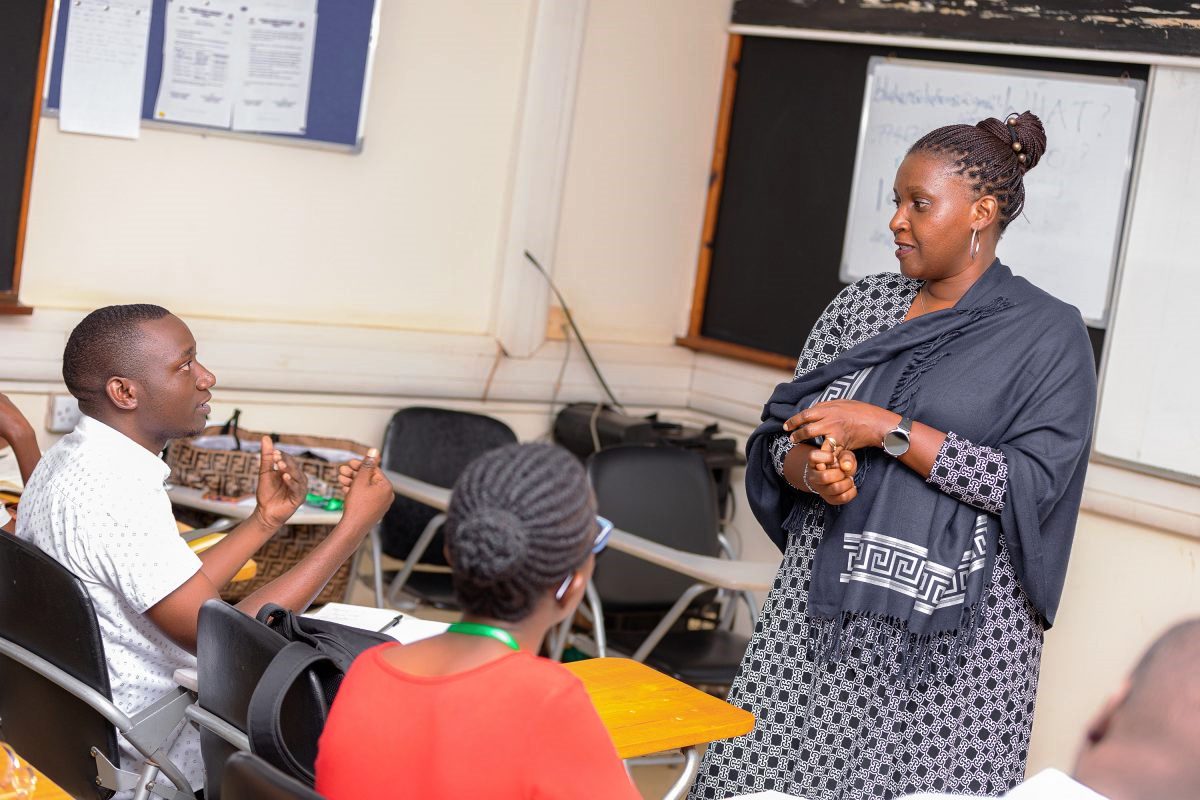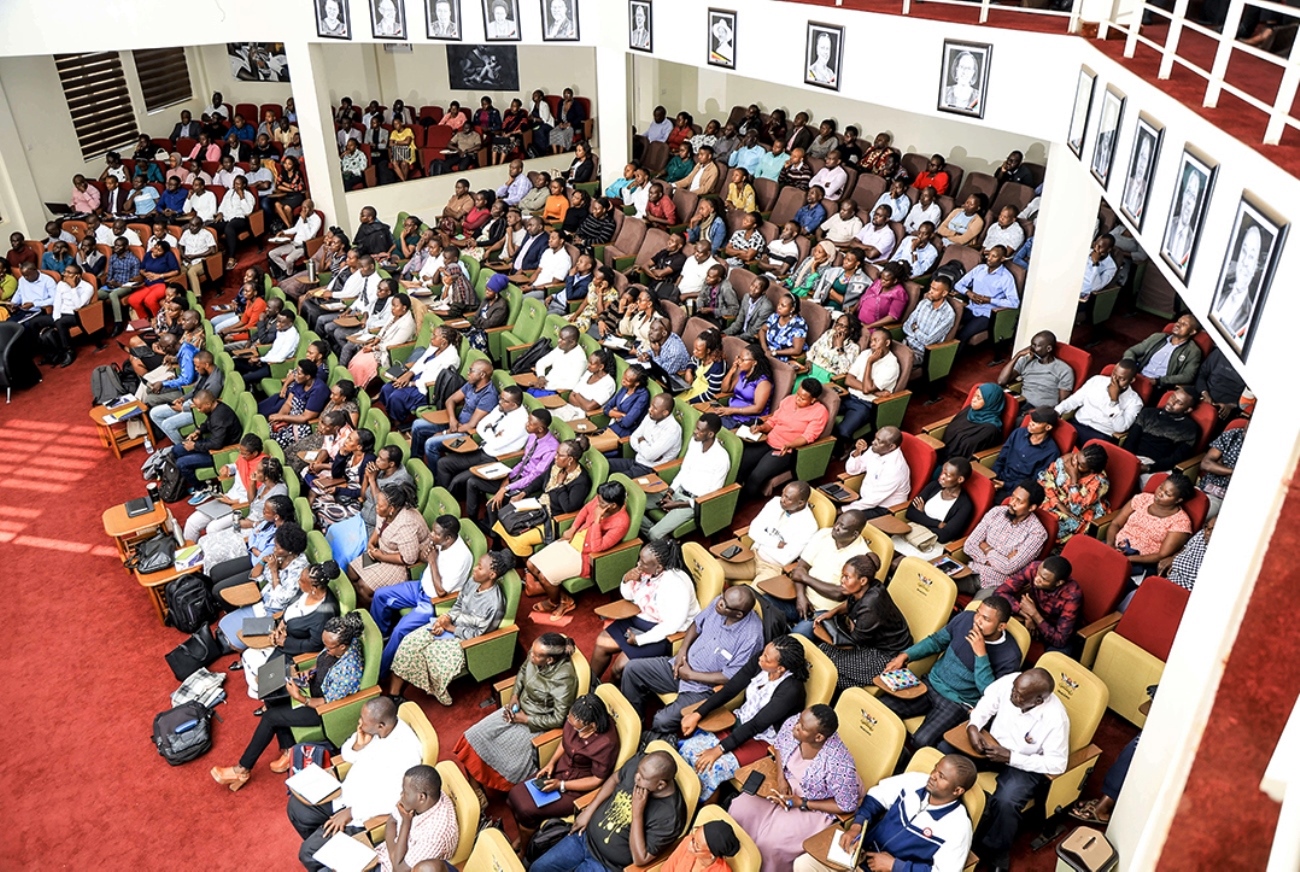By Joseph Odoi
Globally the proportion of undiagnosed diabetes is high, standing at 46.5%. In high-income regions like Europe, of all persons with Type 2 Diabetes Mellitus (T2DM), 39.3% are undiagnosed. Low-income countries in Africa have the highest prevalence of undiagnosed diabetes, estimated at 66.7%. In Uganda alone, a steady increase in the number of diabetes cases has been observed.
Despite the increasing burden of diabetes in the country, little is known about the socio-cultural norms influencing type 2 diabetes risky behaviors, especially in rural areas to inform action.
In the bid to contribute to data driven interventions, Makerere University researchers with funding from Government of Uganda and Makerere University Research and Innovations Fund (Mak-RIF) carried out a study to understand the patterns of socio-cultural norms in two high incidence districts namely, Busia and Bugiri, in Eastern Uganda.
As part of this study, researchers engaged various health stakeholders who shared their experiences about behaviors factors influencing type two diabetes.
It is upon that background that researchers co-designed a contextual strategy to ensure behavioral change to limit type two diabetes among the rural population under the project titled; “Socio-cultural norms influencing Type 2 Diabetes risks Behaviours – an exploratory to intervention co-design innovative study in two high incidence districts of eastern Uganda”. The strategy was developed by a team of researchers led by Dr. Juliet Kiguli, a Senior Lecturer in the Department of Community Health and Behavioural Sciences at the School of Public Health, Makerere University.
According to Dr. Kiguli, despite evidence confirming a high rate of T2D in Uganda, there is hardly any innovation that speaks to the deep rooted causes of Type 2 Diabetes hence the justification for their new model.
‘’There is enough evidence in Uganda at the national and local/community level confirming a high rate of T2DM, compared to the measures/innovations that try to address the disease. We can argue with confidence that most of the research around T2DM in Uganda and Africa has been largely academic and hasn’t been translated into action at a comparable pace of disease incidence and prevalence. Additionally, since the T2DM is largely a lifestyle disease that is influenced by external factors, exposure and social constructs, the solution to T2DM needs to be socially constructed, and currently, there is no innovation that speaks to the deep rooted causes of T2DM – this is the reason why we designed an evidence based innovation that is socially constructed to address diabetes with prevention in mind too‘’she explained of the model
The Assistant Commissioner Non Communicable Diseases (NCDs) at Ministry of Health, Dr. Gerald Mutungi who participated in the study’s innovation co-design had this to say;
“This study is unique, I have learnt many things which I had never looked at from a perspective of social norms and I am glad that we are already designing an innovation together with the community stakeholders and influencers to mitigate and reduce T2DM”.
He also tasked researchers to give answers on why people doing their daily activities and living a normal lifestyle still get diabetes.
Approaches behind the model
As part of the behavioral change strategy, the research team came up with the following approaches to their community-led behavior change model.
- T2DM organized diffusion messaging and practices
This approach of the model will work through community-level social networks and will be used to conduct myths bursting sessions, building new positive social norms and spreading them using social networks related to the norm. This approach will be complemented by deliberation and reflection methodologies and the intent is to create shared commitments to change negative and/or maladaptive risky behaviors around T2DM.
- Community-leader-initiated behavior modeling for T2DM
Because of power, control and therefore influence, this approach will target political leaders, religious leaders, cultural leaders, informal community leaders and all individuals with influence to model, demonstrate and promote the recommended behaviors and practices. This will be the first level of establishing reference groups and this approach will complement other approaches.
- T2DM Non-conforming trendsetters and positive deviants.
In the co-design process, evidence shows the existence of trendsetters and positive deviants who are willing and able to be the first movers in initiating positive normative change around T2DM risky behaviors. Their nonconformity to the social norms around T2DM will contribute to the erosion of strong perceptions in favor of the negative gendered social norms that facilitate entrenchment of T2DM risky behaviors. This approach will be complemented by creation of new risky-behavior-specific reference groups that are able to enact alternative social sanctions against T2DM risky behaviors.
On timing of this model, Mr. Ramadhan Kirunda who was key in innovating the model noted that evidence from the social-norms study revealed a disconnect between the health system and the social system constructs at community and family level, yet T2DM risky behaviors are gendered and influenced by power, control and sanction around submission.
‘’Social norms are responsible for the harmful constructions of dominant masculinity engineered by power and control over women, hence the social-cultural acceptance of inferiority on the part of women. Therefore, even on matters of diet, women have to submit and follow what men prefer, and can become violent in asserting their dominance if women don’t comply. It is important to note that while gender-injustice related consequences affect mostly women, gendered social norms undermine the health and wellbeing of all people, regardless of age, sex, gender, or income setting. Therefore, our proposed model is informed by this reality, it is inclusive by design since it was co-designed together with all community stakeholders/duty bearers and targets risky behaviors that accelerate T2DM, but also other health outcomes.
KEY FINDINGS FROM THE SOCIAL NORMS STUDY
The main behavioral factors influencing type 2 diabetes were a) consuming processed and added sugar products, b) consuming high cholesterol fatty foods, c) excessive alcoholism, d) smoking (traditional and contemporary), e) mental/psychosocial stress and f) lack of exercise. The analysis shows that dietary factors contribute the greatest threat to the fight against type 2 diabetes in Busia and Bugiri according to the researchers.
In terms of social norm strength around dietary factors, the two strongest norms were “people who don’t prepare fried food are poor people”, “taking tea without adding sugar is mistreatment to your husband” and “Bwita/kalo is our staple food, we eat it daily”. Some of the less strong norms included; “eating greens is mistreatment to your man/husband”, “fat people especially men are respected in the community”, and “A true Samia meal must contain meat or fish daily” said one of the study participants
The strongest social norms around alcoholism.The strongest social norms around alcoholism were “alcohol takes away negative thoughts and stress”, “when you take alcohol with your friends, they can’t abandon you”, “Waragi reduces diabetes because it is sour”, “religion does not allow us to take alcohol” explained one of the key informants.
The social norms around smoking included; “if you want to feel good, you have to smoke”, “most old people and our grandparents lived long and were smokers” and “traditional religion demands and allows smoking of pipes, it’s part of our culture”. Affirmed another study participant
The main social norm around physical exercise was that “men are expected to rest/lie down and wait to be served by women”. They have to sit and wait for food’’ added a participant
On drivers that support norm entrenchment, the researchers outlined easy access to alcohol, gender based violence, cultural set up, poverty, wrong peers, poor parenting, one sided food systems as areas that need serious attention.
MORE ABOUT THE STUDY
The study used Social Norms Exploration Tools (SNET). It was conducted in Eastern region in the districts of Bugiri and Busia in December, 2020. This study covered a total of 4 health facility catchment areas: Bugiri Hospital, Nakoma H/C IV, Masafu Hospital and Lumino H/C III.
A number of data collection methods were used including Focus Group Discussions. Key Informant Interviews, In-depth Interviews, Observation and Photography.
This study builds on previous studies funded by Swedish Embassy and conducted in Iganga and Mayuge by the School of Public Health’s Prof. Guwatudde David, Dr. Barbara Kirunda, Dr. Elizabeth Ekirapa, Dr. Roy Mayega and Prof. Buyinza Mukadasi (Research and Graduate Training, Makerere University)
The research team consisted of the following researchers: Dr. Juliet Kiguli (Principal Investigator), Dr. Roy William Mayega, Dr. Francis Xavier Kasujja, Mr. Ramadhan Kirunda, Ms. Gloria Naggayi, Ms. Joyce Nabaliisa, Ms. Rita Kituyi, Sr. Nabwire Mary, and Sr. Nampewo Evarine Wabwire. The social norms study was made possible with funding by Mak-RIF (led by Prof. Bazeyo William) and Government of Uganda.
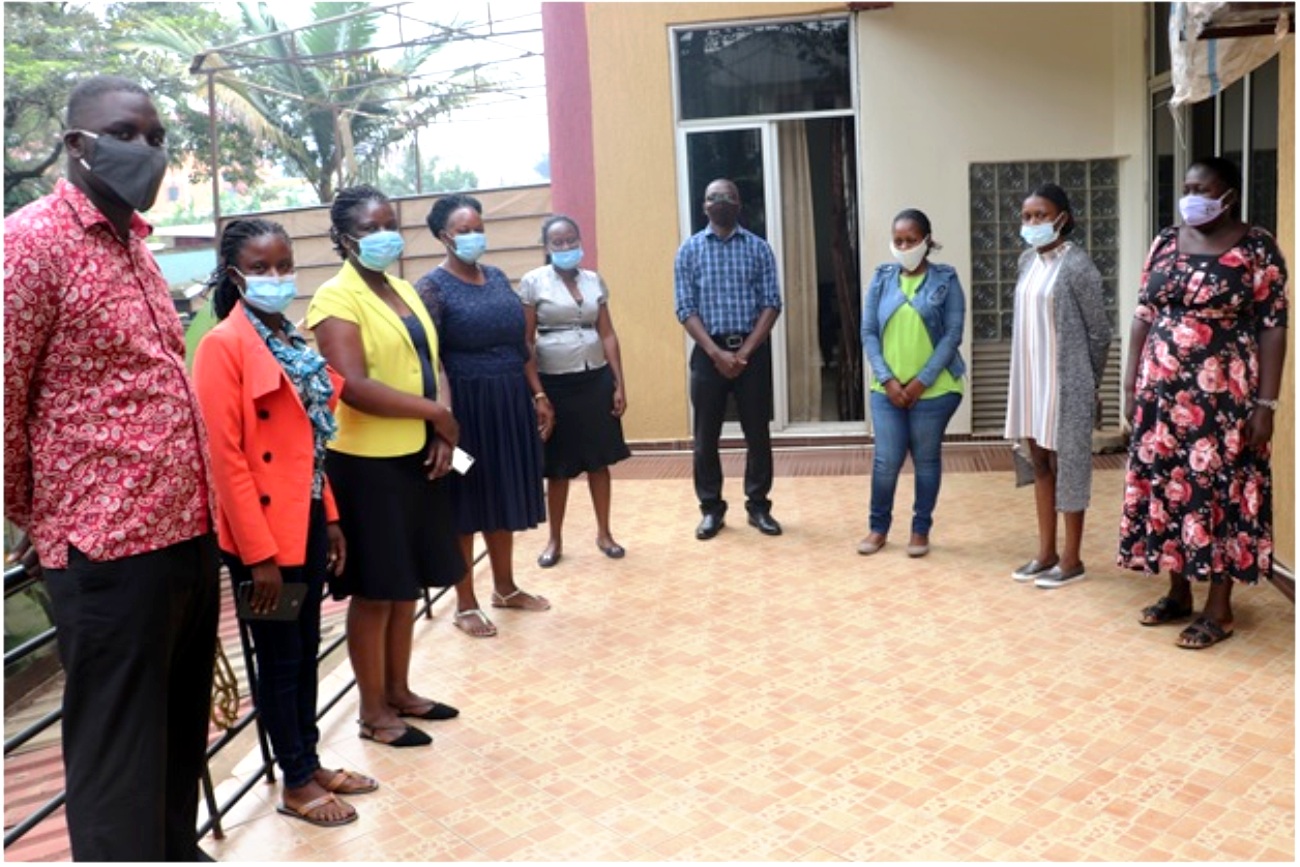

 General3 days ago
General3 days ago
 General6 days ago
General6 days ago
 General1 week ago
General1 week ago
 General1 week ago
General1 week ago
 Natural Sciences2 weeks ago
Natural Sciences2 weeks ago


